In essence, it is a process of closely combining forces and means between the People's Army and the People's Public Security to proactively detect and prevent challenges and threats early and from afar; promptly respond and effectively handle situations and incidents such as: Climate change; environmental pollution; resource shortage; epidemics; population outbreaks; illegal migration; religious and ethnic conflicts, riots and secessions within the country; economic and financial crisis; terrorism, transnational crime; drug crimes, human trafficking; crimes using high technology, cyberspace...
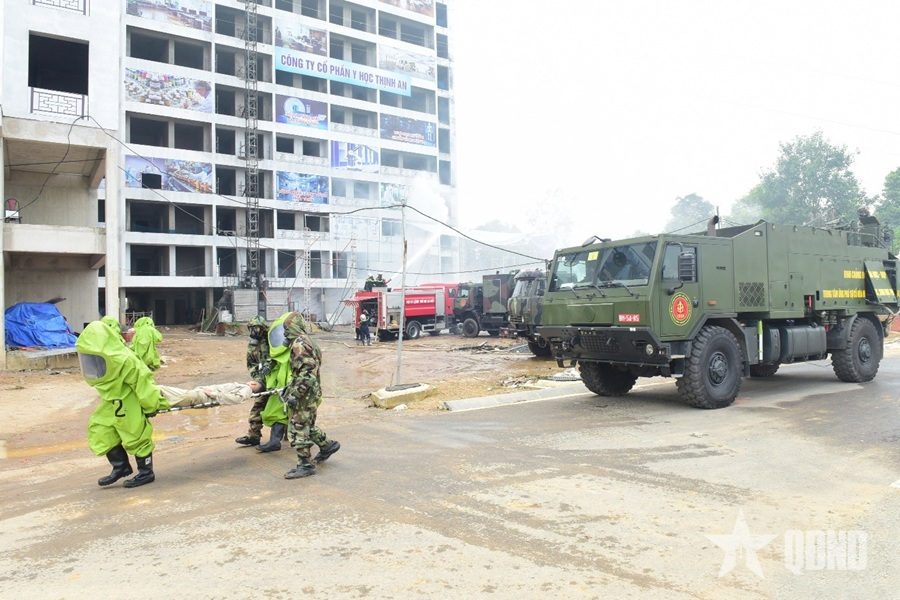 |
| Military and Police forces coordinate to carry out tasks in the Hanoi City defense area exercise in 2024. Photo: HUU THU |
Coordination between the People's Army and the Public Security Forces in preventing and combating security threats demonstrates a comprehensive, proactive, early-on, and long-term security mindset; under the absolute, direct leadership of the Party in all aspects, the unified management of the State, to protect national security, protect the people and develop the country sustainably; is an important content in the process of concretizing the Party's viewpoint on "strengthening coordination between the People's Army and the People's Army and sectors and localities in performing the task of building and defending the Fatherland". The Law on National Defense (2018) stipulates: The People's Army is the core force in performing the task of protecting political security, order, social safety... responsible for coordinating with the People's Army and militia and self-defense forces in performing defense tasks. The Law on Public Security (2018) stipulates: The People's Army and militia and self-defense forces are responsible for closely coordinating with the People's Army to protect national security, ensure social order and safety. On September 5, 2019, the Government issued Decree No. 03/2019/ND-CP on coordination between the Ministry of Public Security and the Ministry of National Defense in performing the tasks of protecting national security, ensuring social order and safety, fighting and preventing crimes and national defense tasks; creating a legal corridor, an important basis for developing a relationship of solidarity and cohesion between the two forces in performing the task of protecting the Fatherland.
During 80 years of building, fighting and growing, the People's Army and the People's Public Security Forces have always been absolutely loyal to the Party, the State and the people; united, stood shoulder to shoulder, supported each other, and completed all assigned tasks. Following the teachings of President Ho Chi Minh: The Public Security Forces and the Army are the two arms of the people, of the Party, of the Government, of the proletarian dictatorship. Therefore, we must unite closely with each other and help each other; the coordination between the People's Army and the People's Public Security Forces in general and in the work of preventing and combating security and order threats in particular is a priceless asset, a tradition that creates a combined strength in building and defending the Fatherland.
When a security situation occurs, the Army and the Police always coordinate closely with local Party committees and authorities; proactively, actively, promptly handle and quickly overcome the consequences, stabilize people's lives and the political and social system... with the spirit of "wherever there are difficulties and hardships, there are soldiers"; "when the people need, when the people are in trouble, there are police". In addition, the functional forces of the Army and the Police have actively coordinated in activities to fight to protect national sovereignty in cyberspace; prevent risks of leaking State secrets, ensure network safety and security; prevent and combat high-tech crimes; strengthen drills to respond to security threats; cooperate in fighting against terrorist activities, preventing drug crimes, smuggling, illegal transportation of goods, human trafficking, transnational crimes on borders, seas and islands. The two forces have regularly coordinated to inspect the work of protecting national security, protecting social order and safety, fighting and preventing crimes associated with the implementation of national defense tasks; coordinated with local Party committees and authorities to propagate and mobilize people to implement the Party's guidelines and policies, the State's policies and laws, and actively prevent and combat threats to national security and order. Thereby contributing to ensuring social security, consolidating and enhancing people's trust in the Party, the State and the armed forces; building a national defense foundation, a national defense posture associated with a strong people's security posture, and successfully completing the "combat" task in peacetime.
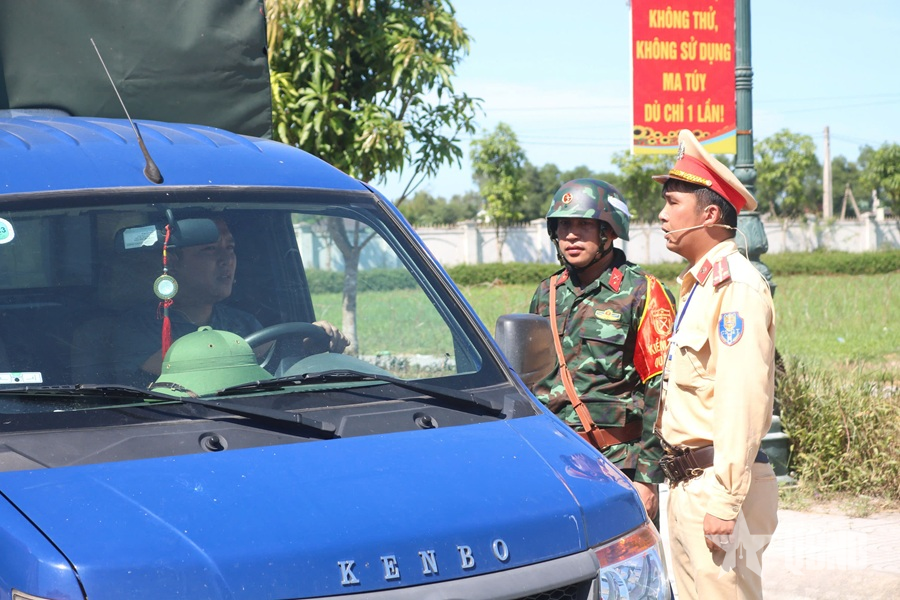 |
| The Army and Police forces coordinated to conduct vehicle inspections during the Nghe An province defense zone exercise in 2022. Photo: HOANG THAI |
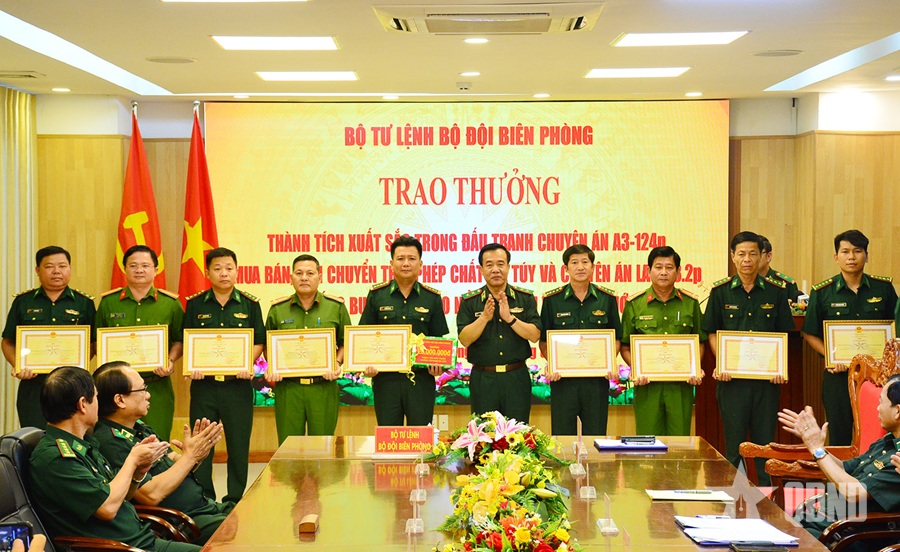 |
| Collectives and individuals of the Army and Police with outstanding achievements in Project A3-124p to fight transnational drug crimes were commended by the Border Guard Command. Photo: HUNG KHOA |
We are implementing the "four pillar resolutions", at the same time setting new requirements for building and defending the Fatherland. Along with that, the process of adjusting the organization and staffing of the People's Army and the People's Public Security Forces towards streamlining, regularization and modernization is being vigorously implemented. The Army has completed the adjustment of the organization of the forces to be streamlined, compact and strong, by 2030 building a revolutionary, regular, elite and modern Army; the People's Public Security Forces have arranged and strengthened forces at the grassroots level to proactively grasp the situation and promptly handle emerging risks. This adjustment sets new requirements for coordination between the two forces, especially in strategic areas, remote areas, border areas and key localities. The coordination content focuses on the following areas:
Firstly, coordinate to advise the Party and State in planning and building socio-economic development associated with national defense and security; build and complete the system of legal documents related to ANPTT. Based on the assigned functions and tasks, the two forces need to continue to closely coordinate in assessing practices, forecasting threats to ANPTT, proposing to integrate elements to ensure national defense and security in development strategies of sectors, regions, and territories, especially in key areas, borders, seas, islands, and ethnic minority areas; at the same time, actively participate in building and perfecting the legal system, creating a legal corridor in preventing, stopping, and responding to challenges and threats to ANPTT; ensuring unity in perception and action, proactively responding to ANPTT threats in the context of unpredictable fluctuations in the world and regional situation.
Second, coordinate in protecting national sovereignty, ensuring security and order in border areas, seas and islands. Based on the existing coordination regulations, the People's Army and the People's Public Security need to coordinate comprehensively, synchronously deploy activities such as patrolling, controlling, maintaining the law, protecting borders, landmarks and the airspace and sea of the Fatherland. The Border Guard closely coordinates with the grassroots police force to grasp the situation, promptly handle complicated cases, especially in the fight against transnational crimes, drug crimes, smuggling, illegal immigration... The Vietnamese Navy and Coast Guard need to coordinate with the People's Public Security forces in controlling ships and boats, preventing illegal fishing, protecting fishermen and maintaining sovereignty over the sea and islands. This is an important basis for maintaining political stability, order and social security, creating conditions for the country's socio-economic development.
Third, coordination in protecting national sovereignty and interests in cyberspace and preventing and combating high-tech crimes. The two forces need to coordinate closely in collecting and analyzing information, identifying cyber security risks, and promptly handling cyber attacks targeting the political system, key information infrastructure of the country and agencies and enterprises. In addition, the Ministry of Public Security's cyber security force, together with the Army's cyber warfare units, need to coordinate in fighting high-tech crimes, protecting national sovereignty and interests in cyberspace; contributing to protecting national information security and digital sovereignty, maintaining social trust, creating a safe environment for the development of the digital economy and digital government in the new situation.
Fourth, coordination in preventing and combating transnational crimes. The People's Army and the People's Public Security need to coordinate closely in basic investigation work, share professional information, establish joint projects, and organize the destruction of transnational crime rings. The Border Guard, Navy, and Coast Guard of Vietnam need to coordinate with the Customs, Security, and Crime Prevention Police forces to control borders, seaports, airports, and border gates - the "hot spots" of cross-border criminal activities. Strengthening coordination aims to improve the effectiveness of detecting, preventing, and handling crimes, contributing to protecting national security, maintaining the image, prestige, and international obligations of Vietnam in preventing and combating transnational crimes.
Fifth, coordinate in disease prevention and control, incident and disaster response, search and rescue. In emergency situations, the People's Army and the People's Public Security must promptly deploy forces and means, together with the government and people, to overcome the consequences of natural disasters and catastrophes, actively search and rescue; stabilize people's lives and the local economy and politics. The coordination aims to promote combined strength, professionalism and efficiency in handling emergency situations, overcoming incidents, natural disasters and catastrophes; strengthen people's trust, affirm the role of the armed forces in protecting safe life and sustainable development of the country.
Lieutenant General, Associate Professor, Dr. VU CUONG QUYET, Director of the Vietnam Institute of Defense Strategy and History
*Please visit the section to see related news and articles.
Source: https://www.qdnd.vn/quoc-phong-an-ninh/xay-dung-quan-doi/phoi-hop-giua-quan-doi-va-cong-an-trong-phong-chong-cac-de-doa-an-ninh-phi-truyen-thong-841635



![[Photo] Prime Minister Pham Minh Chinh chairs meeting to deploy overcoming consequences of storm No. 10](https://vphoto.vietnam.vn/thumb/1200x675/vietnam/resource/IMAGE/2025/10/3/544f420dcc844463898fcbef46247d16)




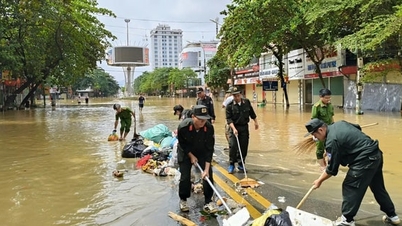

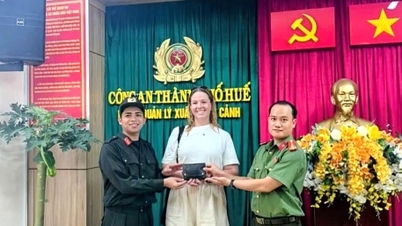

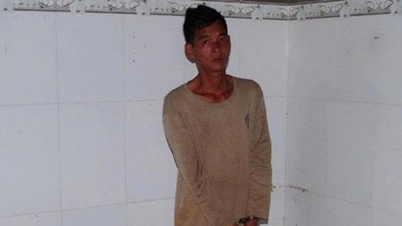

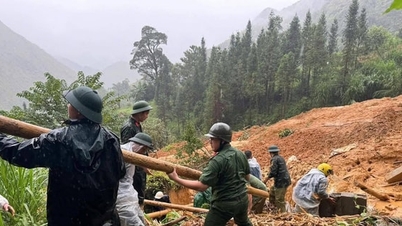
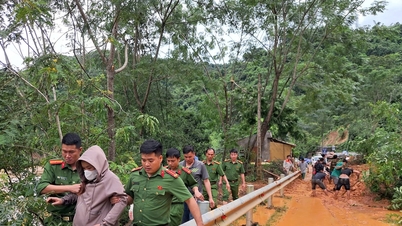

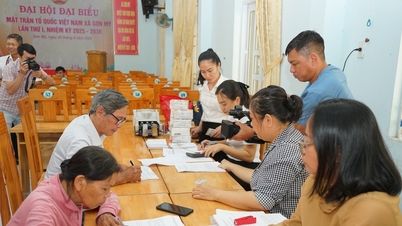
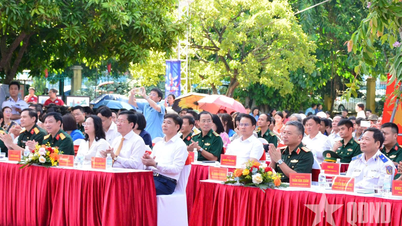
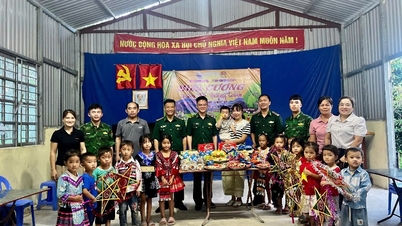

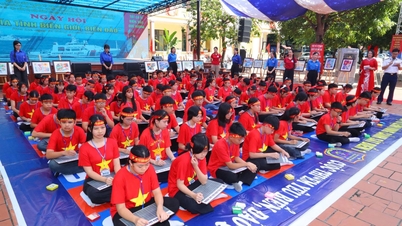

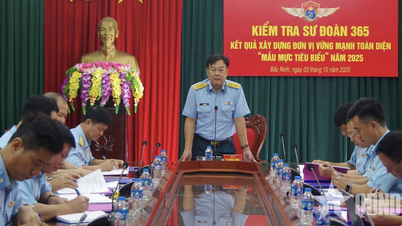
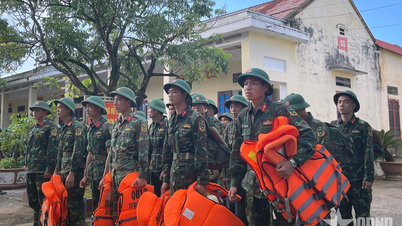
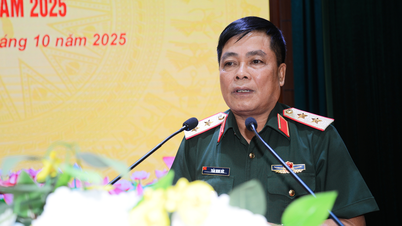




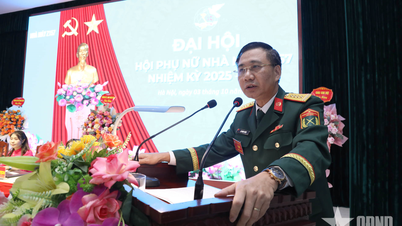
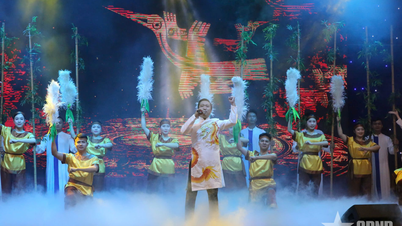

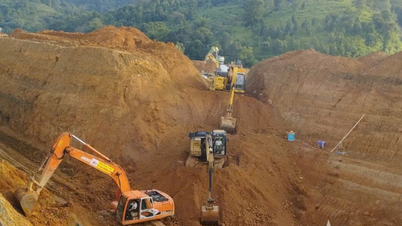
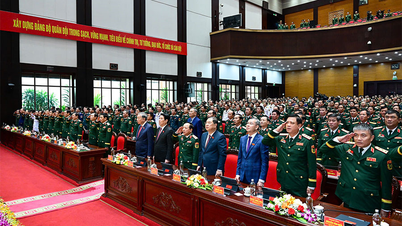
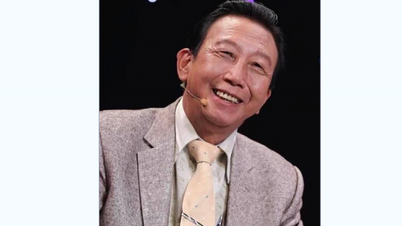
![[Photo] Binh Trieu 1 Bridge has been completed, raised by 1.1m, and will open to traffic at the end of November.](https://vphoto.vietnam.vn/thumb/1200x675/vietnam/resource/IMAGE/2025/10/2/a6549e2a3b5848a1ba76a1ded6141fae)




























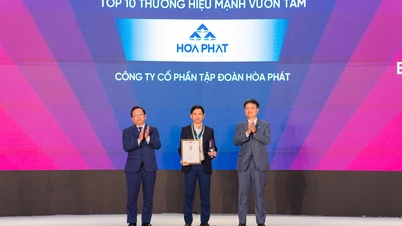

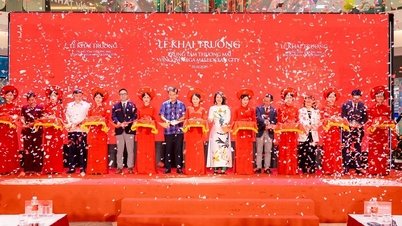








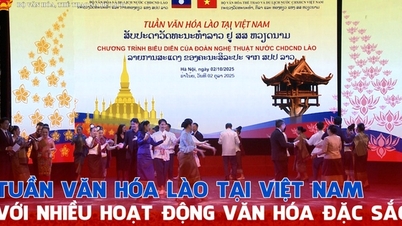

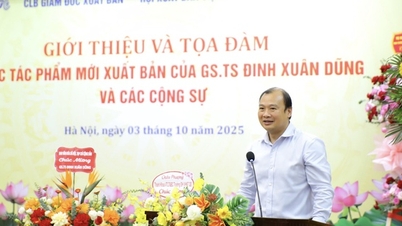
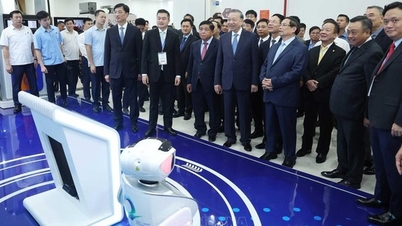

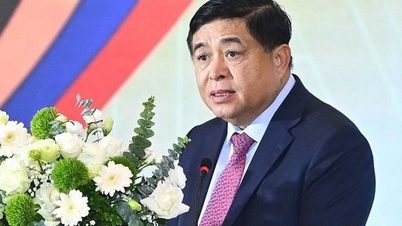
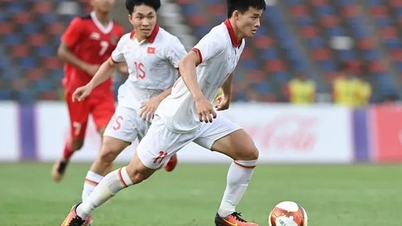
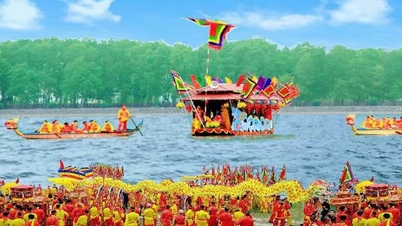
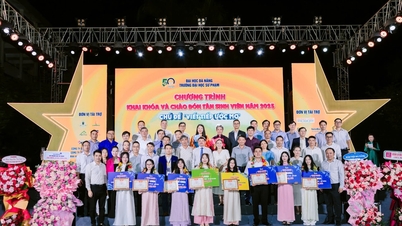

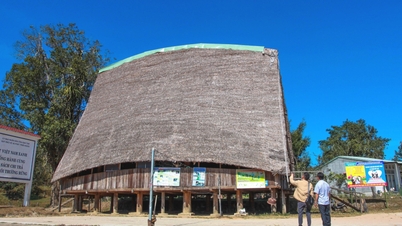

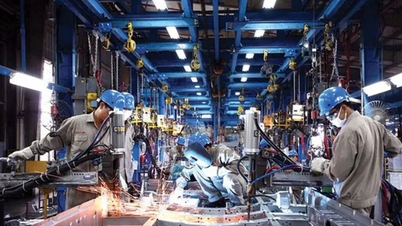
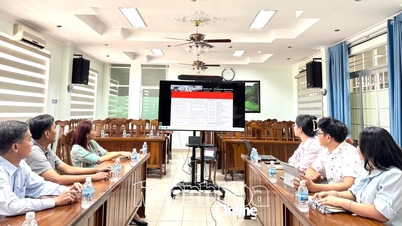

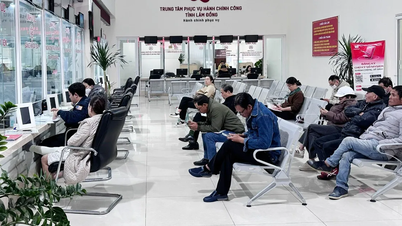

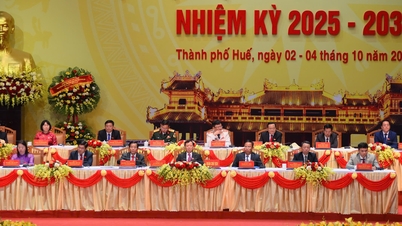












Comment (0)